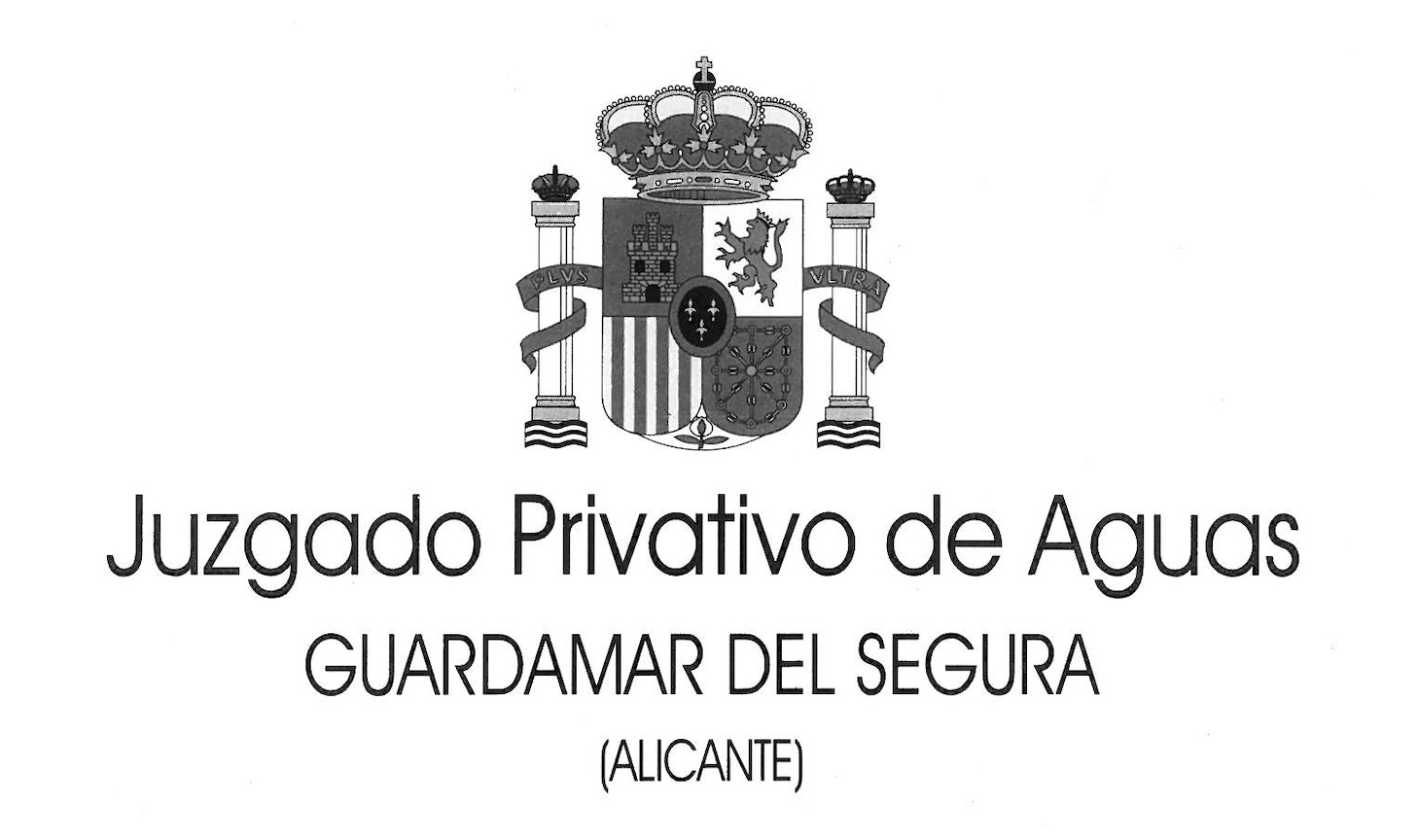Under the auspices of the Danish EU Presidency, Water Innovation Europe 2025 takes place on 27–28 October, placing the implementation of the Water Resilience Strategy at the core of discussions. As Europe faces growing climate risks, water stress and overexploitation of water resources across all sectors, this event sets a new course where sustainable water management, climate resilience, and industrial competitiveness must converge. The conference will open with keynote speeches by Commissioner Jessika Roswall, and the Danish Minister, Magnus Johannes Heunicke, followed by two high-level panels: “Digitalisation: Enabling the Water-Smart Economy” and “Building a Water-Smart Economy for a Competitive Europe.”
These sessions will spotlight how digitalisation such as the smart metering, and AI-enabled infrastructure offer tangible pathways for better control of water resources, transforming water-intensive sectors and making Europe a global leader in water technology. Then, we will zoom on water efficiency and the new principle as a strategic lever to sustain water use, enhance competitiveness, and drive systemic change across industries and regions, particularly through its integration with the water-energy nexus.
Building a water-smart economy requires more. Water is no longer just a resource, it’s a driver of competitiveness, quality of life and environmental security.
The focus on the second day will shift toward human and financial capitals, particularly the challenges of attractiveness and investments, creating more syneriges and connecting industry, education and research with a source-tosea approach. With the Water Resilience Academy, Europe can stimulate its human capital to strengthen its resilience while attracting new talents in the water community.
Moreover, the role of public procurement as a lever to accelerate the uptake of clean and circular water technologies by utilities and municipalities and cities will be explored, highlighting how innovation and policy must converge. As the discussion on the Multiannual Financial Framework is starting, all the dimensions of the Water Resilience Strategy should be reflected, from supporting its implementation to the investment, mobilising both public and private resources through the cross-sectoral inclusion into other sectors, and into innovative solutions and approaches.

